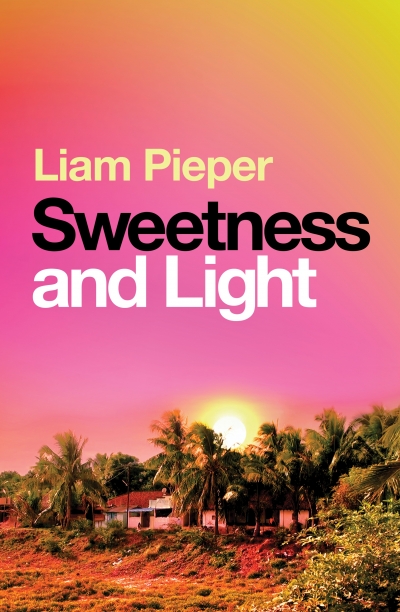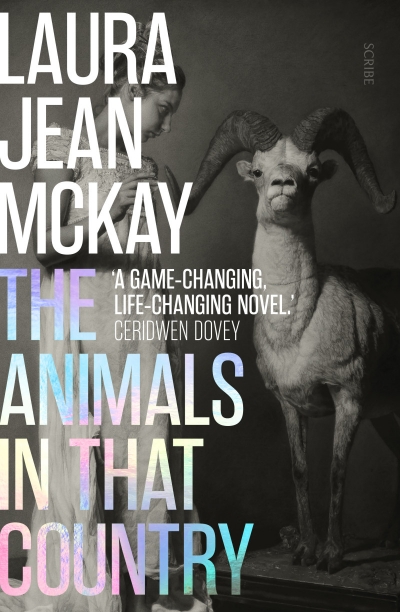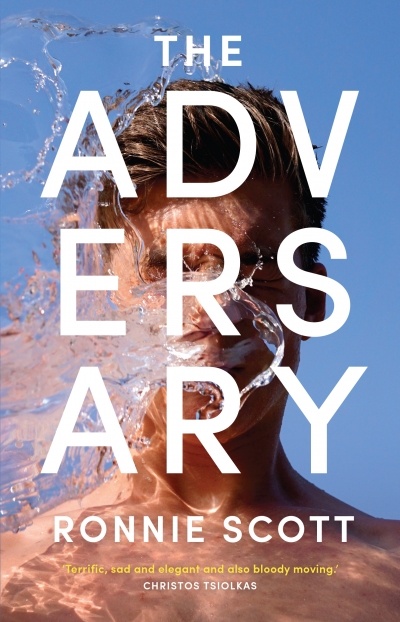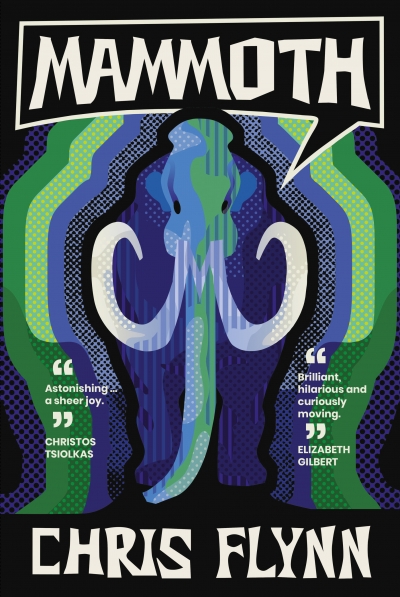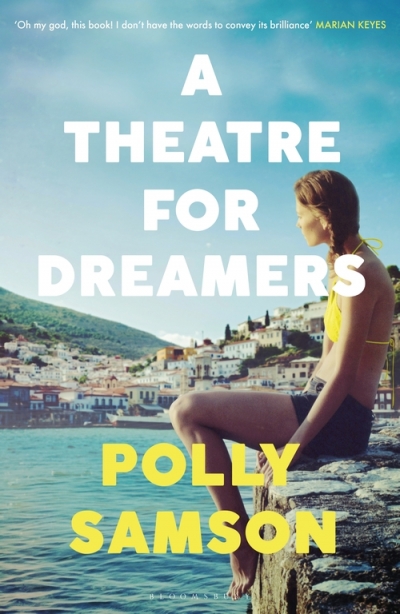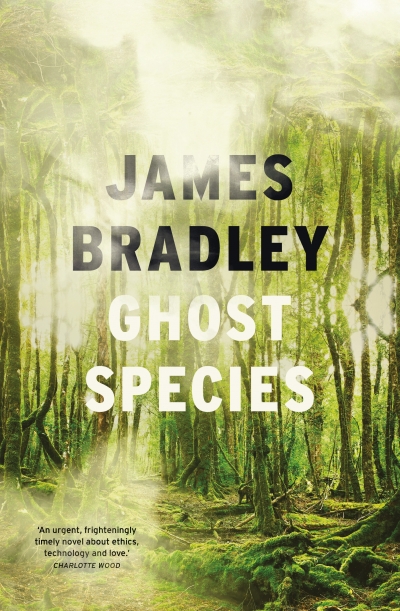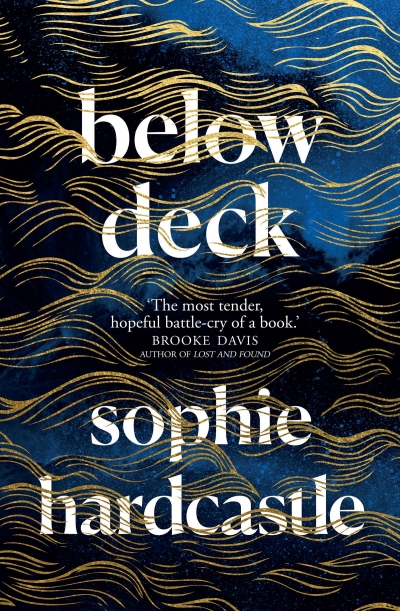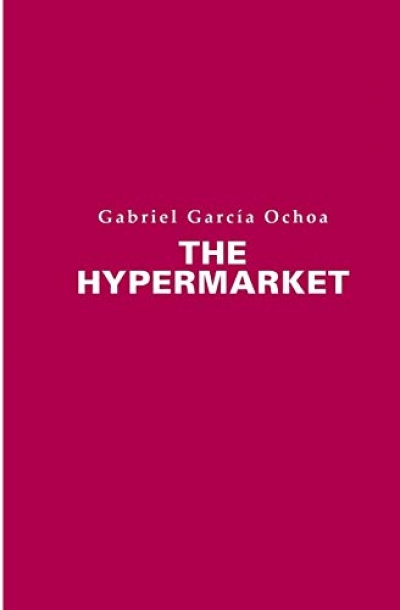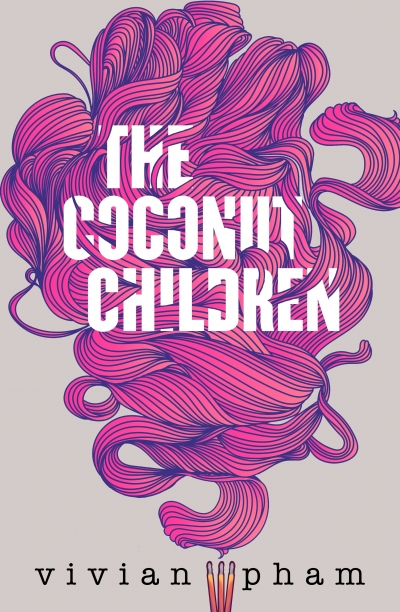Fiction
Connor is a thirty-something Australian who bides his time grifting in India. His targets are Western female tourists, whom he describes as ‘talent’, and whom he seduces and fleeces. Connor seems to be escaping something, most likely the upbringing in which his masculinity and personal safety were constantly called into question.
... (read more)Talking animals in fiction have, for the most part, been confined to children’s or otherwise peripheral literature. Yet they often serve a serious purpose. Aesop’s fables, with their anthropoid wolves, frogs, and ants, have been put to use as moral lessons for children since the Renaissance. The ‘it-narrative’, fashionable in eighteenth-century England and perhaps best exemplified by Francis Coventry’s History of Pompey the Little: Or, the life and adventures of a lap-dog (1752), saw various animals expatiate their suffering at human hands.
... (read more)One of the few details we learn about the unnamed narrator of Ronnie Scott’s début novel, The Adversary, is that he is fond of Vegemite. Although only a crumb of information, this affinity for the popular breakfast tar reveals much about our hero. Just as Vegemite ‘has to be spread very thin or you realised it was salty and unreasonable’, his human interactions give him a soupçon of a social life, a mere taste that never threatens to overwhelm his senses.
... (read more)Everything about Chris Flynn’s Mammoth – the characters, plot, and structure – should not work. But it does, and beautifully so. Mammoth is narrated by the fossilised remains of a 13,354-year-old extinct American Mammoth (Mammut americanum), who likes to be addressed as Mammut. On 24 March 2007, the eve of his sale at the Natural History Auction in New York, Mammut finds himself in a room with Tyrannosaurus bataar (who prefers to be called T.bat).
... (read more)For anyone feeling stir-crazy after weeks cooped up in self-isolation, A Theatre for Dreamers offers an appealing escape, a virtual vacation on the Greek island of Hydra. Dive into these pages and you can swim vicariously in a perfect horseshoe-shaped bay, dry off in the summer sun, admire countless young, scantily clad men and women, and end the day with a glass of retsina while you watch the moon set and listen to a young Leonard Cohen enunciate profundities about life and art.
... (read more)James Bradley’s Ghost Species arrives at a time when fiction seems outpaced by the speed with which we humans are changing the planet. Alarmingly, such writerly speculation has been realised during Australia’s tragic summer, when the future finally bore down on us. And there are few writers of climate fiction – or ‘cli-fi’, the term coined by activist blogger Dan Bloom and popularised in a tweet by Margaret Atwood – who so delicately straddle the conceptual divide between present and future as Bradley.
... (read more)The Penguin Best Stories Of D’Arcy Niland by D’Arcy Niland, selected with introduction by Ruth Park
There is a lot of work still to be done on the place of the yarn in our culture. Has its pre-eminence to do with the roving outback life, with traditions of taciturnity, with an inability to cope with the size of our land? Or has it more to do with the rapid urbanisation of this country and a need to celebrate and protect myths, an abiding sense of nostalgia? Or are there more pragmatic, economic reasons – the dearth of publishing houses, the lack of a landed gentry, the impossibility of survival as a full-time writer? Whatever the cause – and speculation is interesting – there can be little argument about the fact that the yarn has a central place in our literature, whether firmly embedded in a longer novel as in Such is Life and The Wort Papers, or staring at us from literary magazines or collections of short stories.
... (read more)Below Deck is a stunning literary novel. This is a poetic work that can be read aloud just as easily as it can be read in silence. Sophie Hardcastle wrote Below Deck in 2018 when she was a Provost’s Scholar in English Literature at Worcester College at the University of Oxford. As she reveals in the acknowledgments, she read a draft aloud to her professor, an experience that no doubt consolidated the flow of her prose.
... (read more)The Hypermarket, an enigmatic and deeply uncanny novel, explores ‘mistranslation’ against the backdrop of Nietzsche’s philosophy of Eternal Return. Gabriel García Ochoa’s début novel transforms the Houghton Library at Harvard University into a Borgesian space. As the narrator is undertaking his research, he comes across an excerpt from a letter copied into an old diary. It details the lives of people living in a supernatural Hypermarket, ‘where the linoleum floor gives way to moss and a young, tender turf’. In a highly significant moment, the narrator rips out the pages and stores them in volume six of The Arabian Nights.
... (read more)The Coconut Children is an assured début from nineteen-year-old novelist Vivian Pham, who has drawn upon the richness of Sydney’s south-western suburbs to construct a deeply affecting coming-of-age story revolving around teenager Sonny. Pham’s language is melodramatic at times. With bold flourishes she expertly captures the internal monologue of a teenage girl navigating the everyday travails of being a young woman – schoolyard crushes and the ‘violent ammunition of her love thoughts’, an ever-changing body, and a burgeoning sexual awakening – alongside the darker undercurrents present within Sonny’s family and her wider community: sexual abuse, domestic violence, intergenerational trauma, addiction, and poverty.
... (read more)
